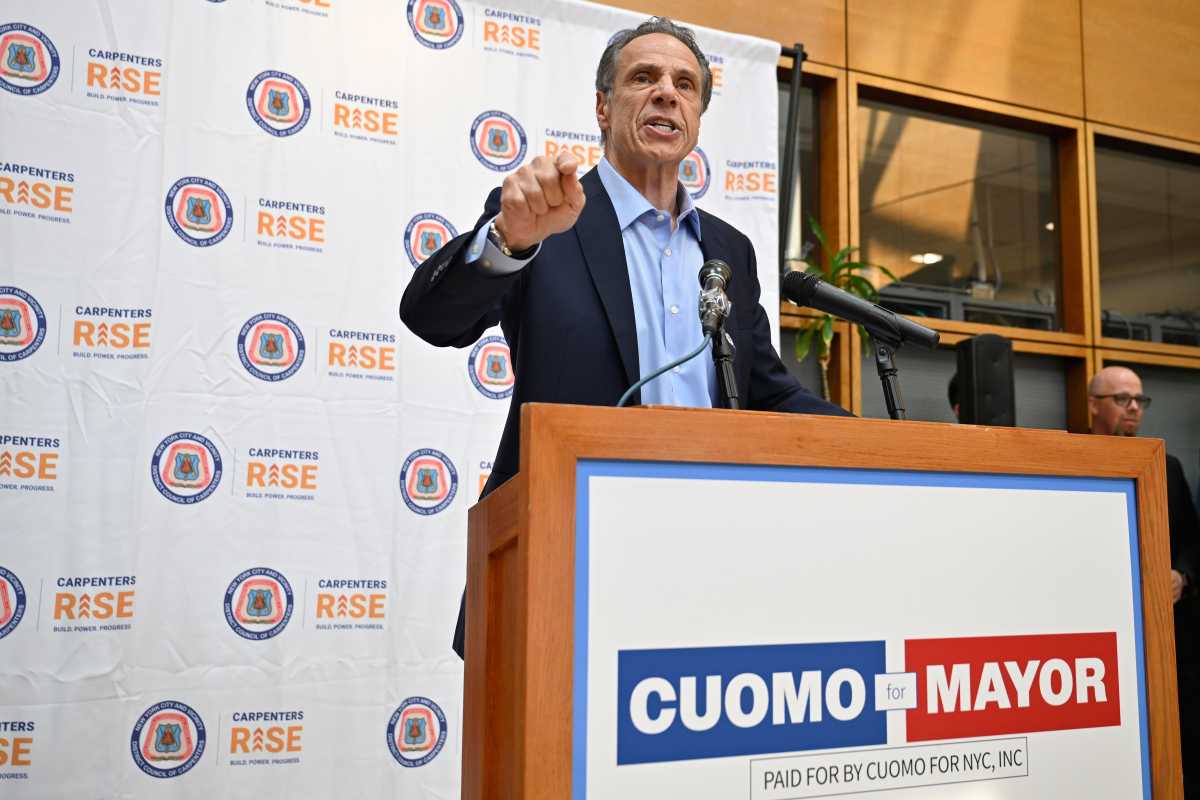In today’s ever expanding digital era where social media is utilized by nearly all of our youth, parents and caregivers are struggling to keep up with the content their children are consuming. This frustration is typically directed at the platforms themselves – New York City even went as far as to declare social media a public health threat. While the online world certainly has its dangers and pitfalls, it also has major benefits like socialization and educational resources. We need to end the finger pointing and put in place a federal solution that gives parents an easier way to protect their kids online.
As a father of a teenager and soon to be pre-teen, social media in our home has undeniably become a part of our daily communication and consumption, but from my perspective, and so many of my fellow parents, those responsible for sound-minded policies surrounding tech have failed to keep up. Children across the board today are using social media platforms more than ever, and with what feels like new apps popping up on a weekly basis, parents and caregivers need sensible solutions at their disposal to ensure their children are kept safe online.
For some, social media can be a critical resource for finding community and external support, however, studies have found a strong link between social media and an increased risk for depression and anxiety as well. Given these findings, there is a growing concern about the impact of social media on the lives of children and young people and a desire among parents and caregivers to play a major role in determining what is safe and appropriate social media use and exposure for their families.
But what constitutes a sensible solution when it comes to parental and caregiver tools for online safety for minors? At the very least, we need a set of rules that is straightforward to use and coherent for parents, not a patchwork system that holds different apps to different standards in different states, which is why it’s clear that a federal solution administered through all app stores serves as the most productive model for children’s online safety.
By requiring age verification through the app store, we can afford parents the ability to approve whether it is safe for their child under the age of 16 years to download and use any of the wide array of platforms that are now at their fingertips. States across the country have introduced legislation like this to keep parents involved and kids safe, but a patchwork of rules with different age limits, enforcement mechanisms and even outright bans can be confusing. Rather than banning minors from certain apps, a federal parental consent law addresses the problem at its root, giving parents more say in their child’s online safety.
It’s urgent that leaders in Washington enact this commonsense approach, making it easier for parents to ensure their child is able to safely access the benefits of social media.
Walter T. Mosley is president and CEO of Mosley Advisory Group and a former New York State Assembly Member
























